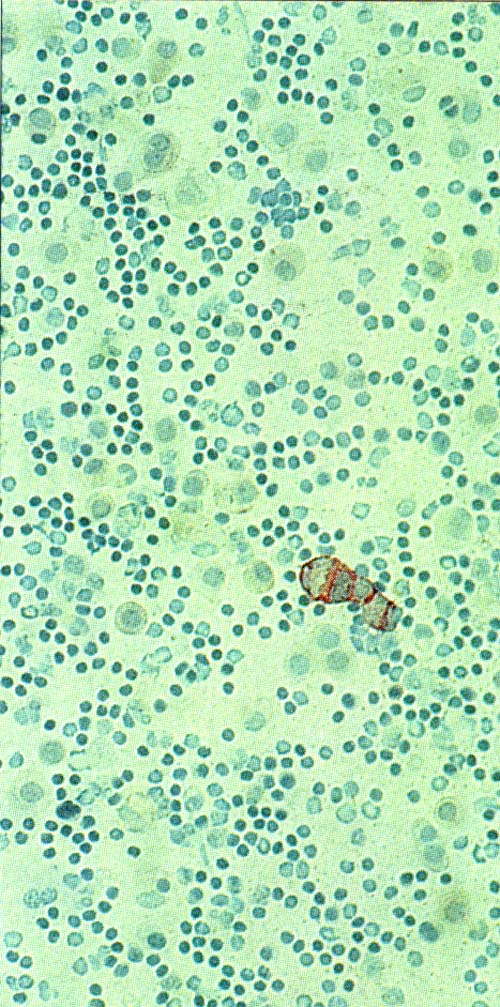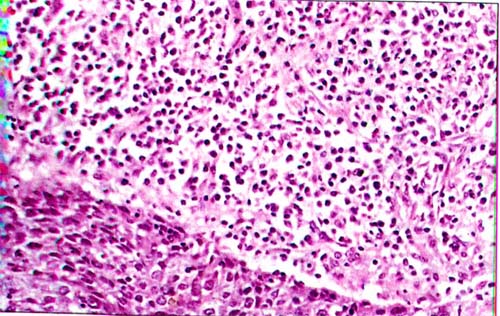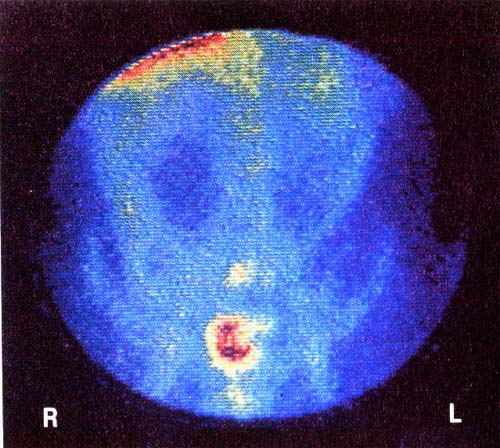The Future
 |
The aim of cancer immunotherapy is to bolster the immune system so that it is better
able to combat cancer cells. Using biological substances to strengthen the body's own
immune system, immunotherapy is therefore a more natural and better targeted means of
treating cancer than radiation or chemotherapy. Immunotherapies, including immune response
modifiers, monoclonal antibodies, and vaccines, are expected to become a treatment option
for cancers in various stages of development. Patients will benefit from decreased
short-term and long-term toxicity of immunotherapy, as well as improved efficacy of
treatment. |
| One current immunotherapy approach is the use of targetable drugs, leading
to increased drug concentration at the tumor site, and lower concentrations at all other
locations throughout the body and thereby decreasing non-specific toxicity. Simply binding
a low molecular-weight drug to a macromolecular (polymer) carrier will change to body
distribution of the drug. |
 |
 |
Other approaches include the use of a targeting moiety: any substance which leads to
specific recognition by a set of cells, for example, a monoclonal antibody specific for an
antigen expressed on tumor cells. |
|